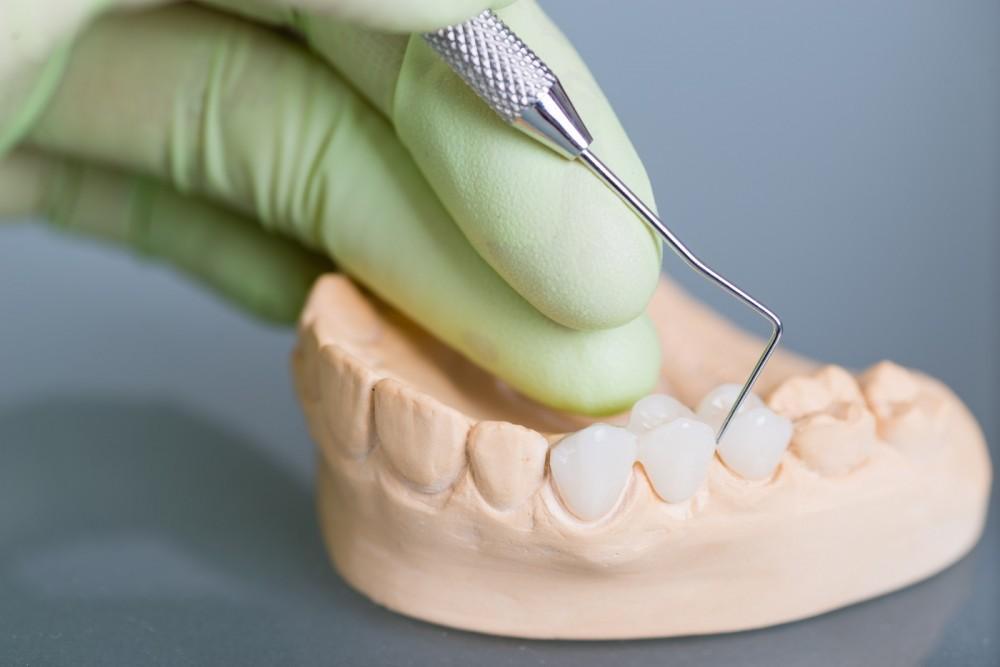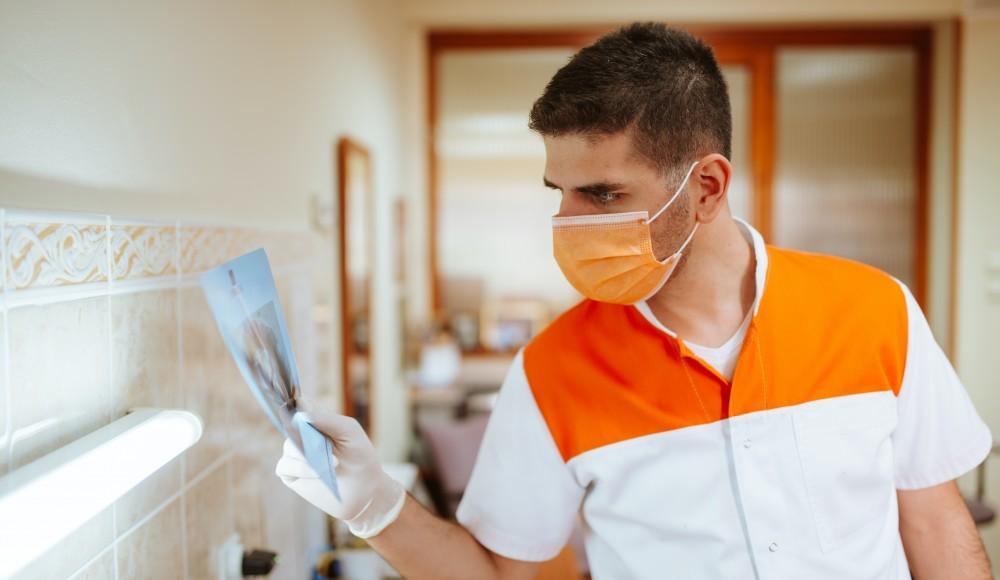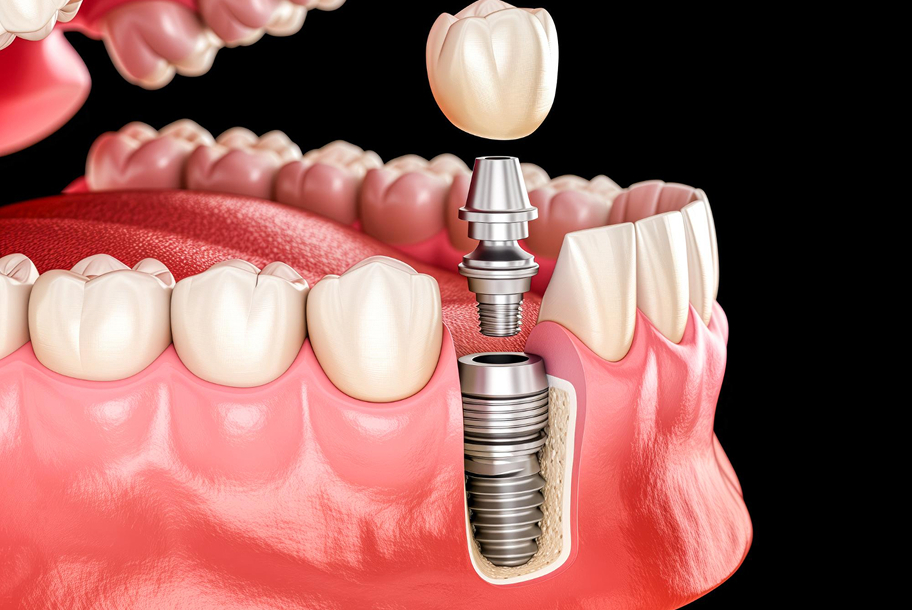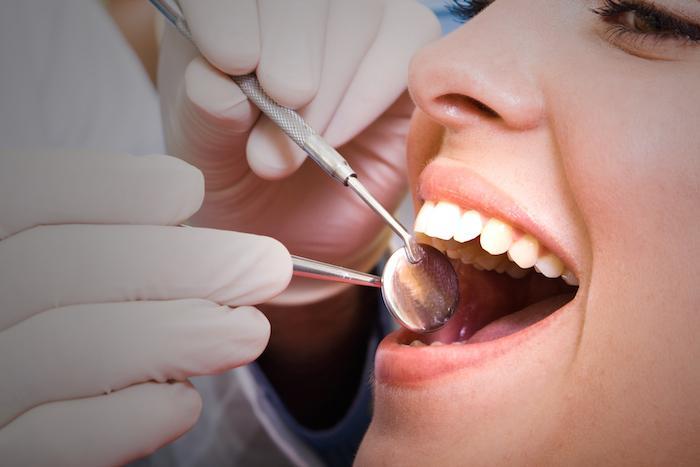
The battle to keep your teeth and gums healthy does require diligence. It may feel as though daily brushing and flossing combined with regular dental visits is an iron-clad strategy against decay and gum disease. That’s not always the case.
You may think that missing your six-month dental appointment occasionally is not a big deal, but in fact, those routine cleanings play catch-up with the oral maintenance you can’t accomplish at home. At Arya Dental, we want to help you avoid gum disease, but once you have it, we can help you with a deep cleaning. Here’s what you need to know.
Brushing and flossing aren’t enough
While controlling plaque with brushing and flossing is an excellent way to ensure good oral hygiene, it’s not going to keep you even with the progression of gum disease. No matter how effective your home care routine is, it’s slowing the conditions that create gum issues, not eliminating them completely.
Routine cleaning takes up the slack, eliminating the plaque and tartar that at-home care can’t remove. When you miss regular appointments, plaque begins to build at and below the gum line, beyond the reach of your toothbrush and floss. This is when periodontal disease — gum disease — starts to take hold.
The presence of pockets
When plaque gets below the gum line, it starts to form pockets around the root of your tooth. These pockets are ideal environments for the bacteria in your mouth to collect and grow. Both your gum tissue and tooth enamel can suffer from these conditions, and you may suffer soft tissue and bone loss.
Gum disease isn’t only about oral health either. As it progresses, it can take a toll elsewhere in your body. It’s crucial to clean out and minimize the size of these pockets, permitting your gums to reattach to your teeth.
Deep cleaning to the rescue
Deep dental cleaning is a two-step process also called scaling and root planing. This becomes necessary when gingivitis progresses to chronic periodontitis. Think of these as mild and advanced gum disease, respectively.
Scaling removes collected plaque and tartar, plaque’s hardened form, from the pockets below the gum line, deposits that no amount of brushing and flossing can reduce. This clears all foreign matter from the symptomatic pockets, preparing your teeth for the second stage of deep cleaning.
Planing smooths the surface of your tooth’s root, encouraging gum tissue to reattach to your teeth. Usually, you need more than one visit to complete a deep cleaning procedure, and there may be a follow-up appointment to assure that the pockets in your gums are closing, and healing is progressing as it should.
After your deep cleaning
Scaling and root planing are both aggressive treatments, and there’s a recovery period following treatment. You may need pain medication for a day or two, and your gums and teeth may be sensitive for about a week. We may also advise extra home care steps, such as special rinses or other medication. It’s important to follow all instructions to the letter to promote healing.
Our dentists and team at Arya Dental are deep cleaning specialists, matching advanced cleaning procedures to meet your needs and get your oral health back on track. Call our dedicated appointment phone line or use the convenient online tool to book your deep cleaning appointment today. Your life deserves a healthy mouth.






